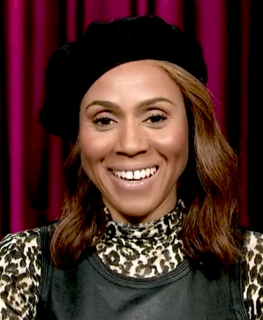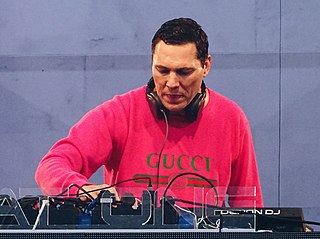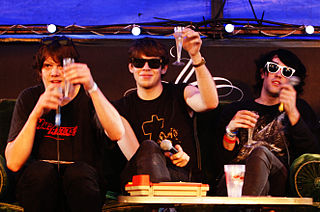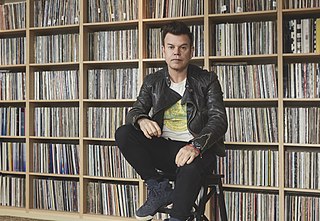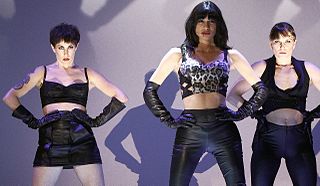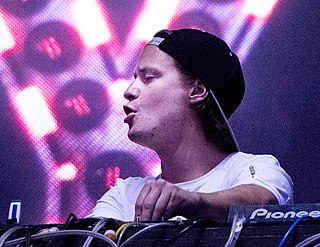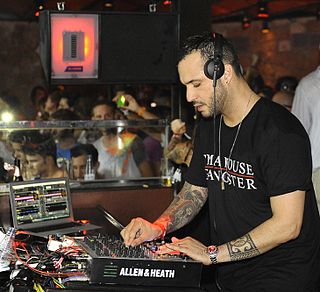A Quote by Deborah Cox
My opinion is that music is music. As long as you approach doing a remix with truth, I don't see the dance remixes being any different than an hip-hop remix- it's really a different version of the song.
Related Quotes
Puffy's contribution to hip-hop culture was the remix. He offered us the music that his mom played in front of him, with newer drums and younger artists. That worked, and will consistently be there. The remix comes right after the original record, that's something Puffy did to influence the culture.
I see that happening with hip hop purists now. Where you have an artist like a Kendrick [Lamar] or a Drake, who are really trying different things emotionally, different things musically, and on a mainstream level. And you have underground hip hop fans dissing it, for the simple fact that it's mainstream - not because what they're doing is whack, or what they're doing is not sincere.
I'm born and raised in Dusseldorf, and my parents emigrated to Germany sometime in the '70s, so I grew up completely different from any other German. I found my love in hip-hop music. Hip-hop was delivering everything that I needed: the message, the lifestyle - everything. I fell in love with it and I'm still hip-hop.
